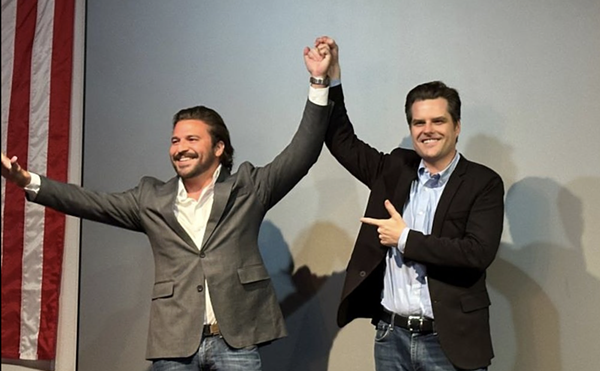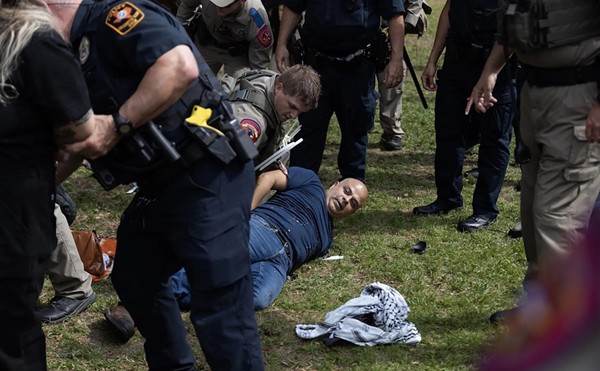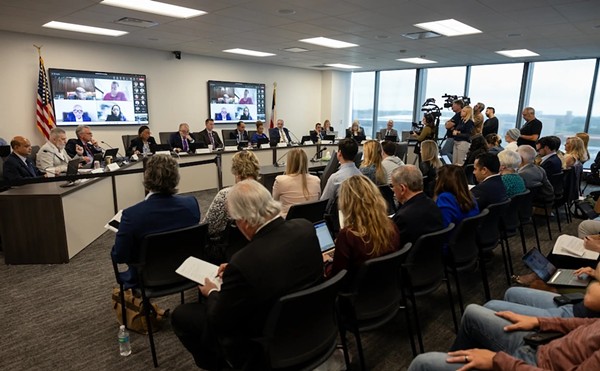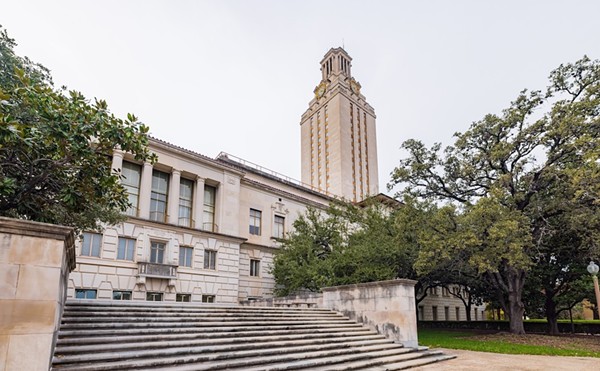Clocks and calendars are awkward measures of human eras. What we call the 1930s began on October 29, 1929, and did not end until December 7, 1941. Whatever we choose to call the first decade of the twentieth-first century (the aughts? the 00s? the zeros?), it was defined by the collective trauma of September 11, 2001. Having to remove your shoes to board a plane is proof that we live now in the shadow of the phantom shadow of the vanished Twin Towers.
The September 11, 2001, edition of the New York Times, printed hours before the assaults on New York and Washington, is a letter from another world. One article describes an Austin entomologist’s attempts to defeat a nasty pest, and its headline, “Plotting an Aerial Attack on Marauding Fire Ants,” today seems tinged with cosmic irony. Elsewhere, an interview with Bill Ayers, promoting his memoir Fugitive Days, opens with the claim: “I don’t regret setting bombs.” It is not quite true that seldom is heard a discouraging word in the pre-9/11 press; violence between Palestinians and Israelis, paramilitaries in Colombia, and a suicide bomb in Istanbul disturbed a world not entirely at peace. But the stock market was holding steady, and a casual reader might agonize only over whether Barry Bonds would break Mark McGwire’s season home-run record or Elizabeth Dole announce her candidacy for the United States Senate. Then four commercial flights were hijacked, and, as W. B. Yeats said about the Easter Rebellion, all changed, changed utterly.
The 9/11 terror might have reminded Americans that we ignore the rest of the world only at our peril. Instead, it triggered a decade-long orgy of frantic jingoism. Though London, Madrid, Mumbai, and other cities were also struck, the events of September 11 reinforced the self-serving belief in American exceptionalism. Numerous other societies share our respect for civil liberties, open markets, and fresh air, but it became more urgent than ever to insist that the United States was unique — and it is unique in the emphasis it places on believing it is unique. “Nous sommes tous Américains” (We are all Americans), proclaimed France’s Le Monde, in empathy with a stricken nation. But on this side of the Atlantic, the populace was infected with rabid xenophobia, and empathy fell out of fashion. Cherishing the illusion of autonomy, the United States barricaded itself behind a long, expensive, ugly wall. Monolingualism became as widespread as obesity. When even France refused to support the unwarranted invasion of Iraq, Americans stuffed their guts with slivers of puffy potato and called them freedom fries.
Throughout the decade, while Osama bin
Laden remained out of reach, gloating, Americans channeled their resentments by turning against one another. You saw it through your windshield in blatant, rampant highway knavery. Traffic fatalities outnumbered combat casualties. Audacity ruled the right of way, and road rage festered. And you heard it on the talk shows, where loathing gained the highest ratings. The monstrous events of September 11, 2001, bred grotesque creatures named Glenn Beck, Bill O’Reilly, Sean Hannity, Ann Coulter, and Michele Bachmann. It was an era of bad feelings, when citizens of the republic metamorphosed into a lynch mob clamoring to “take back our country” from the dark-skinned man who had somehow usurped the office formerly graced by Warren G. Harding, Richard M. Nixon, and George W. Bush.
Bush, who occupied the presidency for most of the decade, is a perfect emblem of this anxious age. Installed in the White House by judicial fiat after losing the popular vote, he managed to secure a second term by stoking fears of another 9/11. Bush preached that government was the enemy and proved it by leading one of the most corrupt and incompetent administrations in American history. He operated without that decent respect to the opinions of mankind that Thomas Jefferson considered essential in the founding of the republic. Forever in bed by 10, for a sound night’s sleep, Bush elevated insouciance to a national virtue. His refusal ever to acknowledge second thoughts might have been reassuring if his first thoughts — about Iraq, Katrina, diplomacy, corporate regulation, torture, energy — had been sound. Bush’s bravado echoed in the boorish behavior of Tom DeLay, Stephon Marbury, Lindsay Lohan, and ordinary folk who insisted on their right to chatter in theaters and text while driving. The rich got richer, and the poor got snookered into spurning reform.
Throughout the past decade, not a single American won the Nobel Prize for Literature. Horace Engdahl, permanent secretary of the prize jury, explained that: “The U.S. is too isolated, too insular.” Wallowing in their own toxic secretions, Americans mistrusted foreigners and despised “elitists,” which meant anyone unwilling to reduce complexities to simplistic slogans. Mere residence in Wasilla, Alaska, became sufficient for comprehension of Russian history, culture, and politics. You betcha. American education, once the envy of the world, was trashed by religious fanatics, tax rebels, test zealots, and endemic indifference toward learning.
In 1939, W. H. Auden, too, looked back on what he called “a low, dishonest decade.” Now that the aughts are over, we ought to celebrate and embrace the untimely values of reflection, imagination, and compassion. •

















